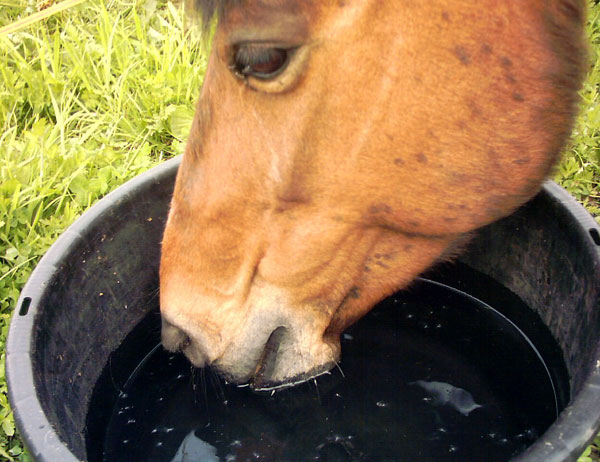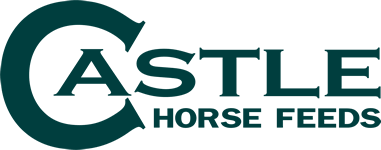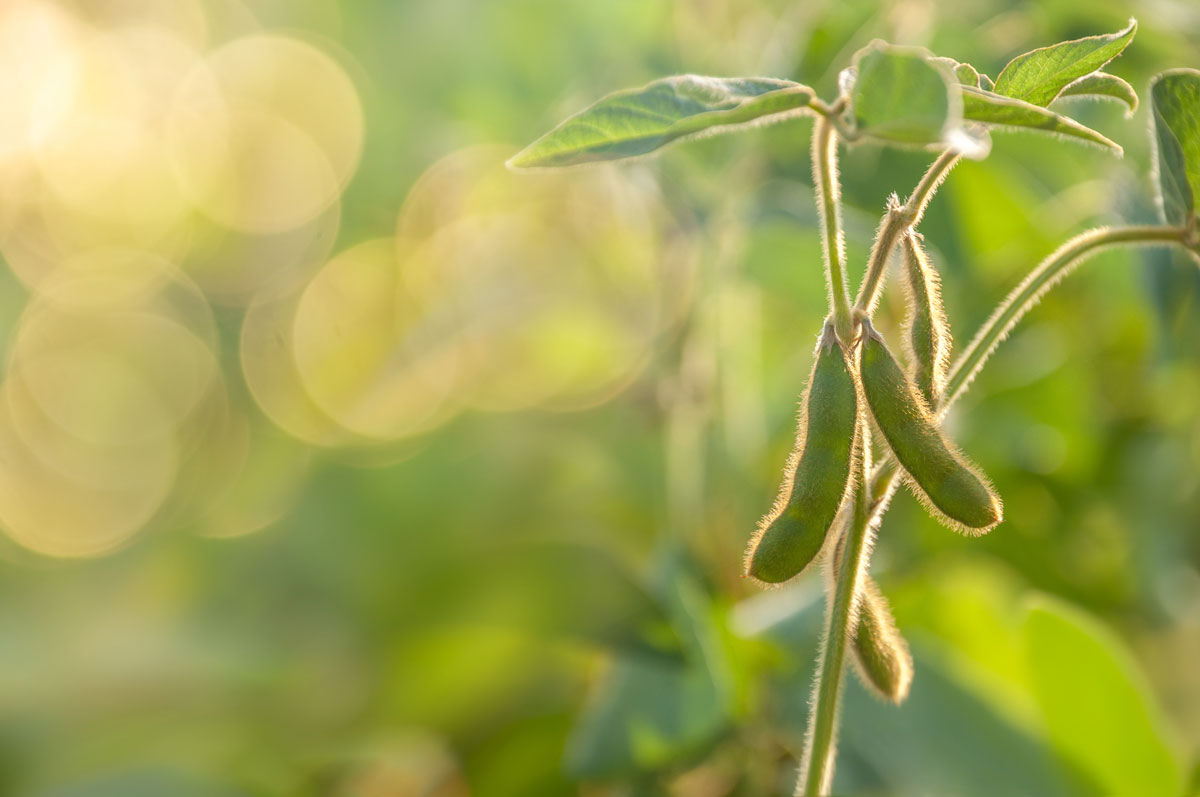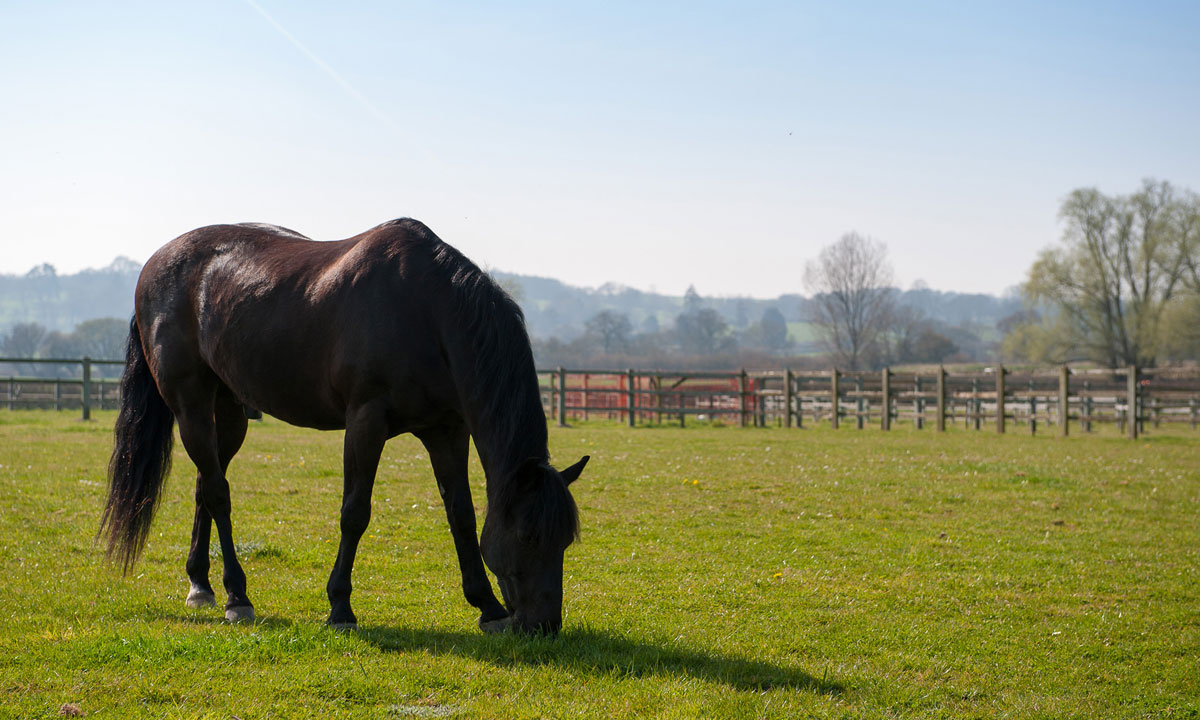
Water – the oft’ forgotten nutrient
The right nutrition is essential to keep horses happy and healthy and good nutrition revolves around including the correct levels of nutrients. There are six so-called ‘essential’ nutrients in the horse’s diet: carbohydrates, fats, protein, vitamins, minerals and water – yet water is easily the most essential. Despite its importance, water is frequently overlooked when considering a horse’s dietary needs and is often referred to as the ‘forgotten nutrient’, when it should be the main one.
Why is water so important?
Well for a start, neither we or our horses could survive without it! Horses can survive up to 90 days without food but without water they can only survive 7 days¹. In mature horses, total body water comprises 61-72% of bodyweight (BW) and in foals it is estimated at 66-84% BW¹, demonstrating just how important water is within the body.
Water is a universal solvent and as such is directly or indirectly involved with virtually every physiological process essential to life¹, including circulation, digestion, lymphatic system, excretion (urine, faeces, tears and mucus), and thermoregulation. Full water hydration is therefore vital for optimal body function, and if a horse becomes even a little dehydrated body function becomes compromised.
Dehydration is a serious condition which can be potentially life-threatening, so it’s essential to make sure your horse is getting enough water to meet his or her needs. You can check if your horse is at all dehydrated by carrying out a simple skin pinch test.
To meet water requirements within the body, an optimum water balance must be reached. Water balance can be defined as the homeostasis between water input and water output¹. Water input comes from drinking water, feed and metabolic processes. All feeds contain water and the water content depends on the source of that feed.
Hay and grain typically contain only 10-15% moisture, so contribute very little to the water input but haylage (32-45% moisture) can supply about 25% of water input and fresh grass which can typically be 60-80% moisture can almost satisfy water requirements!
Metabolic water is that which is generated from the metabolism of carbohydrates, fats and proteins and is estimated to contribute about 11-13% of daily water requirements. Water output or loss is a result of faeces, urine, sweating and respiration. Daily water requirements at maintainance are estimated at about 5L/100 Kg BW², but strenuous work in hot condtions can increase this to the region of 12 – 15L/Kg BW. Water intake from feed and drinking must, therefore, be sufficient to replace what is lost and meet daily requirements.
Water Intake for horses
Water intake is essential to keep the body functioning well and avoid the detrimental effects of dehydration. Water intake and the amount a horse will drink is influenced by:
Body Size/Weight
Body size/weight influences the water capacity of a horse or pony and consequently, their water intake. Larger horses generally have a greater water requirement which means a greater water intake than smaller horses or ponies. A large 600kg horse for example, has a water requirement of 30 litres and for a smaller 300kg pony this is 15 litres.
Diet
Diet influences water intake through the amount eaten or total dry matter (DM) and the composition of feed. Research has shown that horses fed all forage diets containing a greater DM than mixed diets, drank 26 per cent more water³. Horses out on fresh spring pasture, however, which is higher in water (60-80%) and lower in DM, meaning they obtain a substantial amount of water from grazing, will typically drink less.
Diets higher in fibre, protein and certain minerals such as sodium and potassium can stimulate the thirst response and increase water intake.
Temperature
As the temperature rises, so does water intake and previous research has shown a positive link between ambient temperature and water intake. One study⁴ showed that daily water intake increased by 79% when horses were exercised at high temperatures. In colder temperatures, however, horses are generally inclined to drink less. This is exacerbated in very cold conditions where water is likely to be near freezing, making it much less palatable and decreasing water intake.
Workload/Exercise
A higher workload will mean a greater water intake compared to a lighter workload or maintenance. Moderate work, for example, has been shown to increase water intake about 40% above that of a horse at maintenance. Any exercise will potentially increase water intake, so horses should have constant access to water during exercise and it should not be withheld. Although it is a common belief that a hot horse should not have water till it is cool, there is no scientific basis to support it.
Age
Foals have a greater water intake for their size than mature horses because their urine is less concentrated, so fluid losses are greater. Older horses on the other hand can be reluctant to drink in colder weather and will then have a decreased water intake. As older horses are also more prone to impaction colic and dehydration, their water intake needs to be sufficient to negate this risk. In a herd situation, bullying of older horses away from water troughs can also sometimes reduce their water intake, so should be monitored.
Illness/disease
Water intake can be impacted by certain health problems. Chronic kidney disease or diarrhoea, for example, can cause increased water loses which must be replaced and these horses will need a greater intake of water.
Any health condition that decreases feed intake, for example gastric ulcers, can also decrease water intake. At the other end of the scale, certain metabolic conditions along with PPID (cushings) can promote excessive drinking and greatly increase water intake.
It’s important to understand the factors that influence water intake, to enable to you effectively assess whether your horse is getting enough water. It’s also important to know how to encourage your horse to drink regularly when needed, to ensure their requirements are met.
Encouraging your horse to drink
The easiest way to encourage regular drinking is by always providing constant access to fresh, clean and palatable water. However, there are some other ways you can encourage your horse to drink sufficient water.
Adding salt to your horses’ feed can help stimulate the thirst response and thus encourage drinking. Horses have been shown to prefer sweet solutions, so putting some apple cordial for example in your horses’ drinking water, could also help boost their drinking.
Research has shown that water consumption in ponies was increased by 40 per cent when water was warmed to above freezing⁵. In cold weather, adding hot water to warm the water to temperatures ideally between 7 – 18⁰C should therefore help to increase drinking.
Buckets have been shown to be generally preferred by horses to smaller bowls, so offering your horses water in a large bucket may help them to drink more. Additionally, using a bucket is a great way of measuring how much water your horse is drinking.
Take-home message! 💧💧💧
Water is and should be the primary nutrient for horses when considering their dietary needs. By being aware of what affects water intake, how much your horse is getting, and encouraging regular drinking, you can help ensure your horse stays hydrated and healthy.
Do you have any questions relating to your horse’s drinking or eating habits? Or do you have any nutrition related questions? We’re here to help, so feel free to ask!
- Cymbaluk, N. (2013) Water. In: Geor, R., Harris, P.A. and Coenen, M., eds., (2013) Equine Applied and Clinical Nutrition. China: Saunders Elsevier, pp. 80-95
- Frape, D. (2010) Vitamin and Water Requirements. In: Frape, D. (2010) Equine Nutrition and Feeding. Chichester. Wiley-Blackwell, pp. 69-89.
- Pagan, J.D., Harris, P., Brewster-Barnes, T., Duren, S.E. and Jackson, S.G. (1998) Exercise affects digestibility and rate of passage of all-forage and mixed diets in Thoroughbred horses. Journal of Nutrition, 128, pp. 2704-2708.
- Geor, R.J., McCutcheon, L.J. and Lindinger, M.I. (1996) Adaptations to daily exercise in hot and humid conditions in trained Thoroughbred horses. Equine Veterinary Journal, Supplement 22, pp. 63-66.
- Kristula, M, A. and McDonnell, S.M. (1994) Drinking water temperature affects consumption of water during cold weather in ponies. Applied Animal Behaviour Science, 41, pp. 155-160.




This Post Has 0 Comments